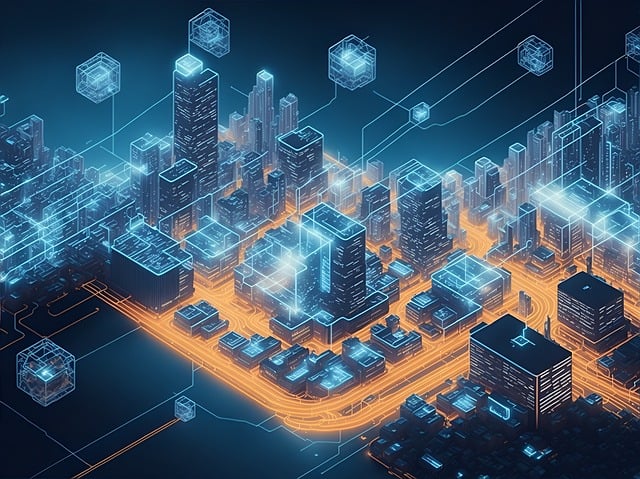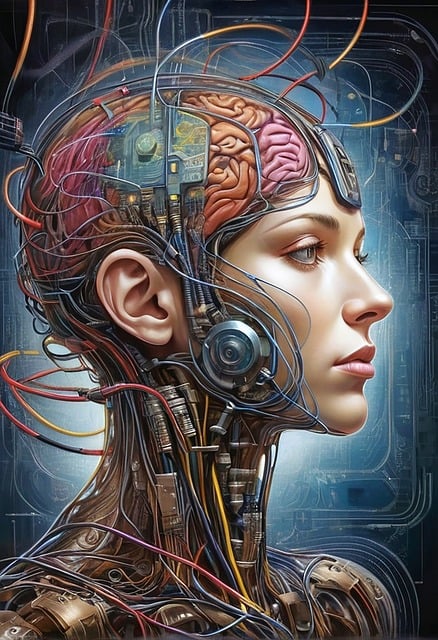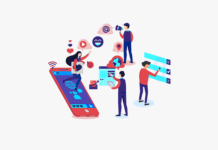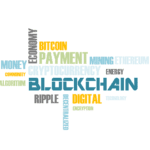Introduction
The term “technological revolution” might sound like something out of a sci-fi novel, but it’s happening right now. This revolution is reshaping our lives, from how we work to how we connect with each other. With new technologies emerging at a rapid pace, understanding this change can help us navigate our future.
The Rise of Digital Technology

The technological revolution began in the late 20th century with the advent of digital technology. Personal computers and the internet were the game changers. Personal computers made complex tasks easier, storing data and performing calculations that once took much longer. They transformed workplaces and homes alike.
The internet was even more revolutionary. It broke down barriers, connecting people and information across the globe. Today, we use the internet for everything—from emailing and shopping to socializing and learning.
The Internet of Things (IoT)
The next big leap came with the Internet of Things (IoT). IoT is all about connecting everyday devices to the internet. Think of smart thermostats that adjust your home’s temperature based on your habits or fitness trackers that monitor your health.
These smart devices make life more convenient. For example, you can control your home’s lights and security systems from your phone. In industries, IoT helps monitor machinery and improve efficiency, saving time and money.
Artificial Intelligence (AI) and Machine Learning

Artificial Intelligence (AI) and machine learning have taken technology to a whole new level. AI refers to machines that can perform tasks requiring human-like intelligence. This includes things like understanding language, recognizing images, and making decisions.
Machine learning, a type of AI, involves training computers to learn from data and improve over time. This technology is behind many of the advances we see today. For instance, AI helps doctors diagnose diseases more accurately and helps financial systems predict market trends.
Robotics and Automation
Robotics and automation are transforming how industries operate. Modern robots are used in manufacturing to handle repetitive tasks, which increases productivity and reduces costs.
In logistics, robots and drones are changing how we receive products. Companies are exploring drone deliveries to speed up shipping. Robots are also making surgery safer and more precise, leading to quicker recovery times for patients.
Blockchain Technology
Blockchain technology is often associated with cryptocurrencies like Bitcoin, but its applications go far beyond that. A blockchain is a secure, decentralized ledger that records transactions across many computers. This makes it difficult to alter or tamper with records.
Blockchain can improve various industries by enhancing transparency and security. For example, in supply chains, blockchain can track products from start to finish, ensuring quality and authenticity. In finance, it can streamline transactions and reduce fraud.
Quantum Computing
Quantum computing is an exciting and complex techolological revolution that promises to tackle problems too challenging for traditional computers. Unlike regular computers, which use binary bits (0s and 1s), quantum computers use quantum bits (qubits), which can represent multiple states at once.
This could lead to breakthroughs in fields like cryptography, materials science, and complex modeling. For example, quantum computers might solve complex equations much faster or simulate new materials with high precision.
Changing Work Dynamics

The technolological revolution is also changing the world of work. Automation and AI are altering job landscapes, with machines taking over routine tasks. While this can increase efficiency, it also raises concerns about job displacement.
However, technology is also creating new job opportunities. The rise of remote work, gig jobs, and digital startups are examples of how technology is opening new career paths. Skills in data analysis, programming, and digital marketing are becoming increasingly valuable.
Ethical and Social Considerations
With all these technological advances come important ethical and social issues. Data privacy is a major concern, as our personal information is often collected and analyzed. It’s crucial to protect this data and use it responsibly.
Cybersecurity is another pressing issue. As technology advances, so do the methods used by cybercriminals. Keeping data secure and protecting against cyber threats is an ongoing challenge.
The digital divide, or the gap between those who have access to technology and those who don’t, is also a significant issue. Ensuring that everyone benefits from technological advancements, regardless of their location or economic status, is essential for a fair and inclusive society.
Conclusion
The technological revolution is reshaping our world in profound ways. From digital technology and the IoT to AI, robotics, and blockchain, these innovations are transforming our daily lives and industries. As we continue to advance, it’s important to balance the benefits of technology with ethical considerations and ensure that everyone has access to these advancements.
Understanding and adapting to these changes will help us make the most of the technological revolution, shaping a future where technology enhances our lives and creates new opportunities for everyone.

















